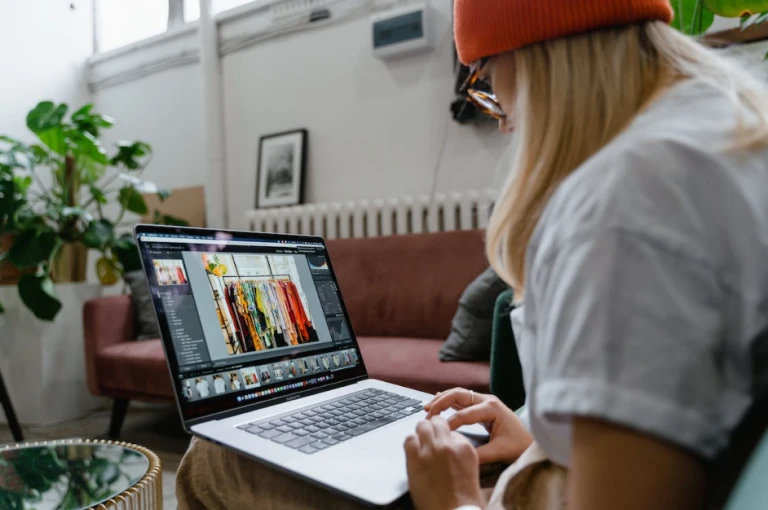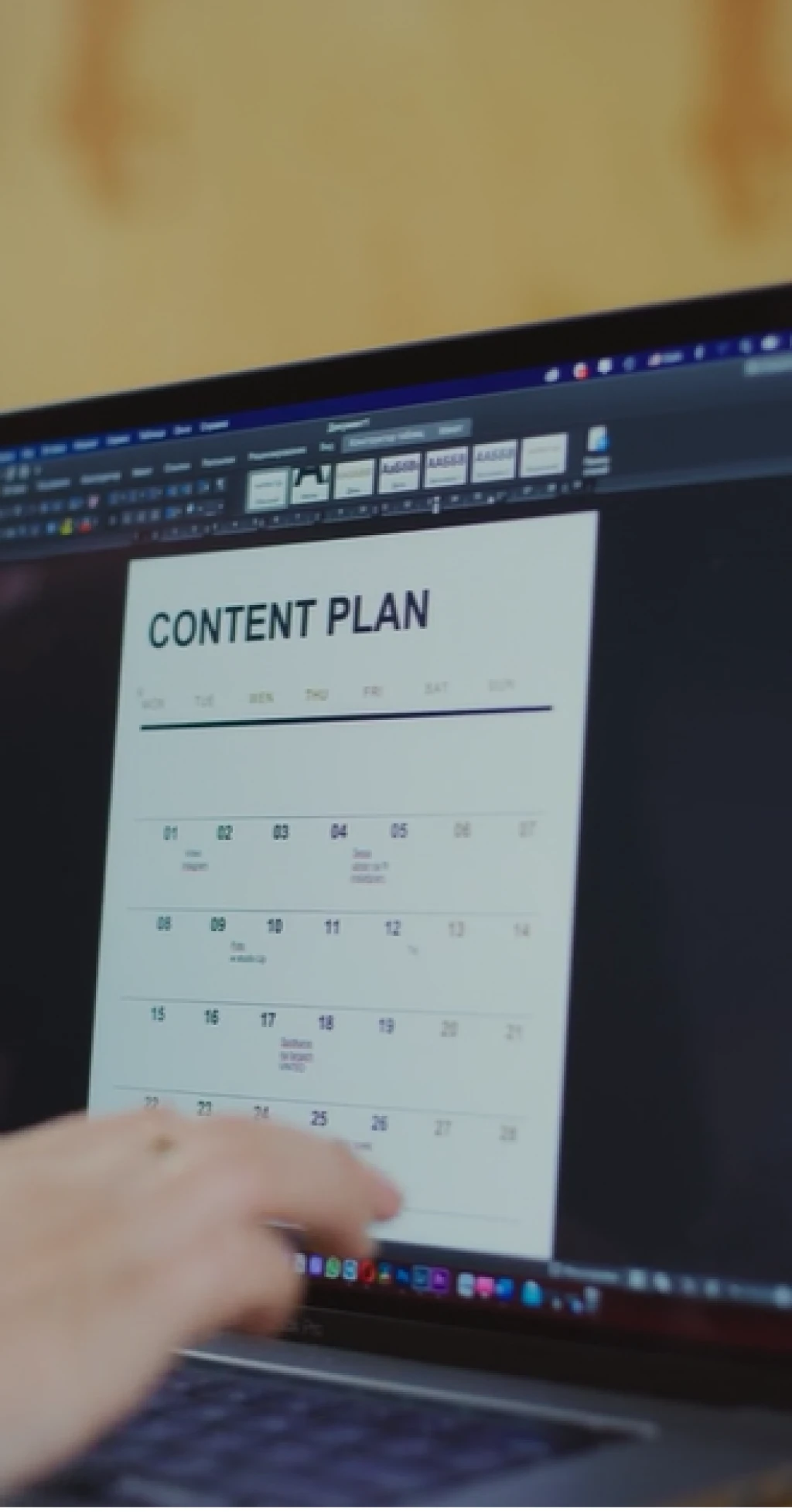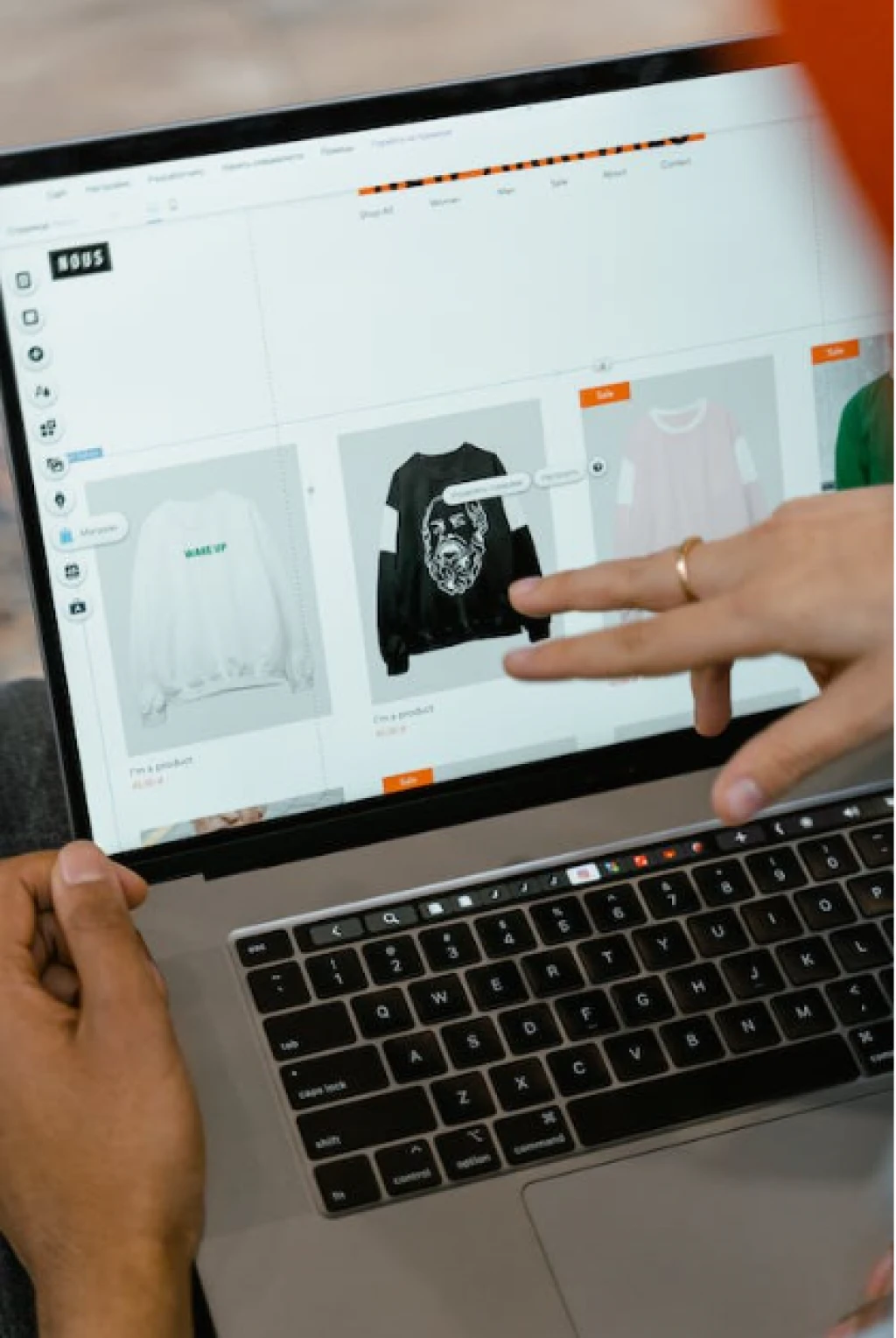How to choose computers for your business
HOME / / How to choose computers for your business
So you're shopping for some new tech?
Our easy-to-understand guide could make it easier for you to decide what to buy.

What are your basic requirements?
If you're starting your business from home, its worth getting a computer specifically for your business activities. Computers are one of the most important tools used by business owners, and kicking your children off when they're in the middle of a game because you have an urgent email coming through may not go down very well.
Think about how and where you'll use it
Whether you're buying a computer for yourself, or a few for your employees, chances are they'll be in use for eight hours or more each day. The computer (or computers) you buy needs to be robust enough to cope with that level of use.
One of your most important choices will be whether to buy a laptop or a desktop computer. While a laptop offers you flexibility, a desktop will is sturdier and will have a higher capacity, so it'll probably last longer. Choose a laptop for employees if they expect to be working on the move a lot or if they will be making lots of presentations to clients.
If you're buying a laptop, investing in a separate keyboard and monitor mouse for use at home or in an office space will not only improve your posture, it will also subject your laptop to less of a battering.
Something off the shelf?
Although you can get bespoke computers, these are generally more expensive and (unless your business has very specific needs) probably not worth the money.
Instead, invest in computers made by a well-known, reliable manufacturer: we're fans of Dell, who are offering 20% off at Smarta.
Other big brands include Hewlett-Packard, Acer, Toshiba and Samsung - all reliable and have good customer service to back up the warranty if something goes wrong.
Mac or PC?
This debate has been raging for decades, but the difference is essentially the price and what you expect to get out of them.
Macs are sometimes up to twice as expensive as their PC equivalents, but are generally considered to be faster, longer-lasting and more reliable.
If your business involves working with or manipulating images, film, music or games, consider buying a Mac - but if the most you'll need your computer for is word processing and the odd spreadsheet, a PC will do. Dell have some great options.
If I buy some Macs and some PCs, will they work together?
Connectivity has changed since Macs came onto the market, and now Macs and PCs work in relative harmony, especially when you used cloud-based sharing software such as Google Drive or One Drive. However, you might find yourself buying extra copies of some software - check on the side of the box to make sure it's compatible with both systems.

What to look for
Monitor (screen) size
An important factor when you're buying computers. Screens are measured diagonally, from the top right-hand corner to the bottom left-hand corner. Generally speaking, the larger the screen, the better it is for eyesight and posture.Memory
Usually known as RAM (random access memory), this affects how quickly your computer switches between programmes. The higher the RAM, the faster your computer will be - but anything over 2 gigabytes (GB) is probably superfluous unless you plan to use the computer for high-end gaming.Processor
This determines how quickly the computer operates. The speed is measured in gigahertz (GHz) - look for something over two GHz, or look at the specifications of the software you use to determine how much power you need. It's worth noting that if you're using the computer to make films, graphics, music or games, you might want a more advanced processor.Storage space
As software becomes more advanced, the demand for more disk space is growing - so look for a computer with as much storage space as possible. Go for something with 160GB or more - and remember, if you run out, you can always supplement it with an external hard drive.

Our top 3 takeaways
It's worth getting a computer specifically for your business
Computers are in use constantly, so make sure the one you buy is sturdy and reliable
If you're buying a laptop, invest in a separate keyboard and monitor
Useful reading
Team Smarta is on a mission to make entrepreneurship inclusive and accessible for more people than ever, and that means opening up about what we’ve found hard and where we’ve got help.
One thing we all agree on is that using the right tech can make a massive difference and we’re grateful to have Dell Technologies in our corner.

"We’re delighted to be the 2000th loan recipients!"
